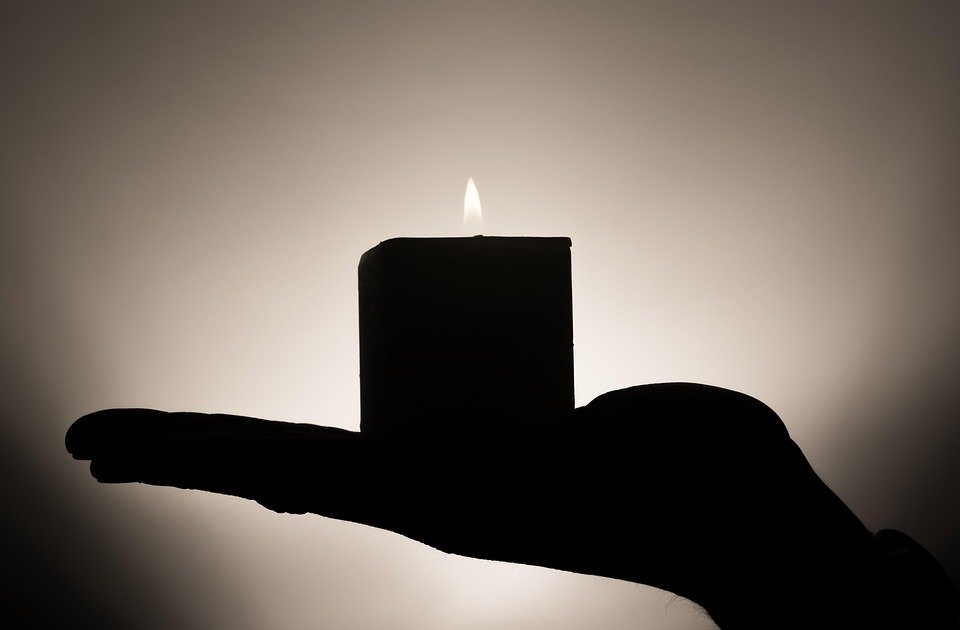[ad_1]
In a world filled with constant distractions and overwhelming stress, finding a simple yet effective way to reflect, grow, and stay grounded is more valuable than ever. Daily journaling—the practice of writing down your thoughts, feelings, and experiences regularly—has been proven to enhance mental clarity, boost creativity, and even improve overall well-being. Whether you’re seeking self-discovery, stress relief, or personal growth, journaling can be a powerful tool to transform your life.
Why Daily Journaling Is Worth Your Time
Numerous studies and successful individuals (from Oprah Winfrey to Leonardo da Vinci) credit journaling as a key to their success and emotional resilience. Here’s why making it a daily habit can be life-changing:
- Clarity & Self-Awareness – Writing helps untangle thoughts, identify patterns, and gain insight into emotions and behaviors.
- Stress Reduction – Expressing worries on paper can lighten mental burdens and reduce anxiety.
- Goal Achievement – Tracking progress and setting intentions in writing increases accountability and motivation.
- Improved Memory & Learning – Journaling reinforces learning by helping process experiences more deeply.
- Enhanced Creativity – Freewriting opens the mind to new ideas and unconventional solutions.
How to Start Journaling (Even If You’ve Never Tried Before)
Starting a journaling habit doesn’t require fancy notebooks or hours of writing. Here’s a simple guide for beginners:
1. Choose Your Tools
- Physical Journal: A notebook you love (bullet journals, lined, or blank).
- Digital Option: Apps like Day One, Notion, or Evernote for on-the-go journaling.
- Pen & Paper Benefits: Handwriting engages the brain more deeply, but digital is fine if it keeps you consistent.
2. Set a Routine
- Morning Pages (Julia Cameron’s method): Write 3 stream-of-consciousness pages first thing in the morning.
- Evening Reflections: Recap your day, noting wins, challenges, and gratitude.
- 5-Minute Sprints: Even a brief session can be powerful—consistency matters more than length.
3. Overcome Writer’s Block
- Prompts Help! Start with questions like:
- What am I grateful for today?
- What’s one challenge I overcame?
- What did I learn this week?
- What’s my biggest goal right now?
4. Make It Personal
- Freewriting: Write without filters—no grammar or structure rules.
- Lists: Gratitude lists, goals, or "Things That Made Me Smile Today."
- Visuals: Add sketches, quotes, or photos (if using a physical journal).
5. Keep Going (Even When You Skip Days)
- Missed a day? No guilt—just pick it up again.
- Experiment with different styles (bullet points, long-form, voice memos).
Advanced Journaling Techniques to Try Later
Once you’re comfortable, explore:
✔ Gratitude Journaling (boosts positivity)
✔ Dream Journaling (enhances creativity & problem-solving)
✔ Bullet Journaling (combines productivity & reflection)
✔ Future Self-Journaling (letters to your future self for motivation)
Final Thoughts
Daily journaling is a small habit with massive rewards. It’s your safe space—no judgments, just growth. You don’t have to be a writer; you just need the willingness to reflect. Start today. Your future self will thank you.
Do you journal? Share your favorite tips in the comments below!
(Want more personal growth strategies? Subscribe for weekly insights!)
This article can be easily adapted for blogs, social media, or newsletter content. Let me know if you’d like any refinements!
[ad_2]






